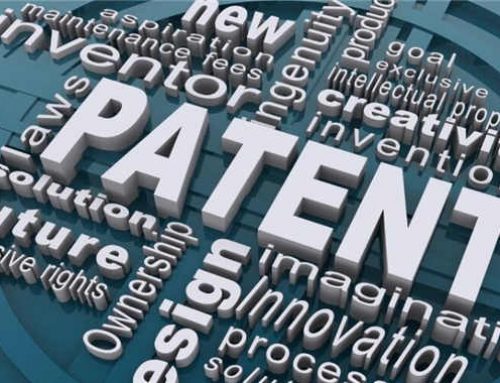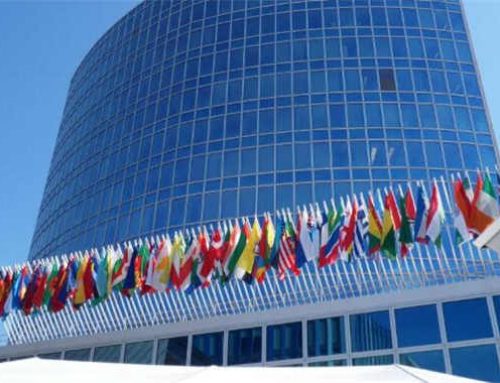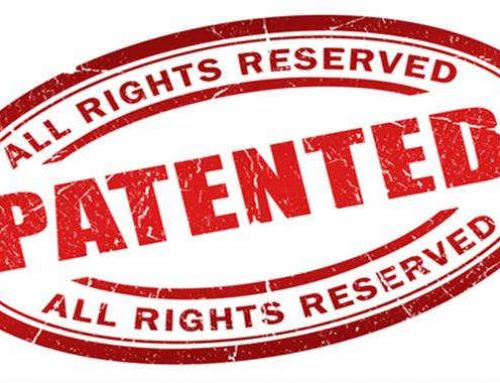“Inventors believe that their invention is unique and that there never has been anything like it before. A best patent attorney knows that this isn’t necessarily the case, so take some time to explain the application process and level-set with first time filers.”
Navigating the patent process can often be challenging and filled with subtleties and nuances for the entrepreneur-inventor, especially for first-time filers. Having a trusted best patent attorney who can not only help guide you through the process, but help inventors learn about it is truly invaluable to new entrepreneur-inventors.
However, for many inventors, understanding what excellent patent attorneys do and why they do it does not always come as second nature.
Over the course of my career as both an inventor and entrepreneur, I’ve had the pleasure of working with many excellent patent attorneys on my companies’ patent filings. The best attorneys I’ve worked with have played an integral role in educating me and my colleagues on the patenting process, what makes a good specification and claim and how infringement lawsuits work should we ever pursue them. I’ve also learned that inventors and excellent patent attorneys often have different visions for what the final patent will look like.
As someone who’s been through the process a few times now, here are the four things a best patent attorney taught me that I think would be useful to entrepreneur-inventor clients:
Disclose More to an Excellent Patent Attorneys
There’s a tendency among us inventors to keep things close to the vest. Telling the world how to make your invention isn’t always easy, especially when the inventor has been keeping this under wraps for some time.
This can be dangerous, especially while attorneys are trying to stick to the Best Mode Requirement. Many inventors are unfamiliar with this requirement and want to withhold information to keep others from recreating their invention. However, they often forget that a patent provides the right to exclude others from making, using or selling their invention.
Make sure to take the time to explain to them what the requirement entails. In order to obtain a patent, an inventor must disclose any preferences relating to the invention in as much detail as possible. While there are no real consequences to not disclosing preferences, patent attorneys should warn that not doing so is a mistake. Since the preference would be listed somewhere on the patent, the inventor would own that preference. It would be very upsetting to your client should someone else come along and claim that preference. Encourage them to disclose more, not less, for a better-quality patent.
Keep “A Person Ordinarily Skilled in the Art” in Mind
Sometimes entrepreneurs don’t understand that to get a patent, the invention needs to not only have never existed before, but it also has to not be obvious. In my experience, attorneys who have worked with IP have a great understanding of what is and is not obvious by the way of the United States Patent and Trademark Office (USPTO), whereas inventors do not necessarily have this same level of understanding.
A person having ordinary skill in the art (PHOSITA) can be a difficult concept for inventors to understand, not only because it’s hypothetical, but also because inventors can be more than ordinarily skilled in their industry. When the USPTO looks at the inventive steps needed to successfully obtain a patent, they’re going to examine the invention to see if it is obvious, or if a PHOSITA could have come up with the idea.
When an inventor understands what is and isn’t considered obvious, you can then begin developing a specification and claim(s) with them that will pass the PHOSITA test.
Be Realistic
According to the USPTO, only half of all patent applications submitted for review are granted protections. In addition, a Yale University study revealed that a non-final rejection is given to more than 86% of newly filed patent applications—reducing the likelihood of receiving a patent on the first try.
Inventors believe that their invention is unique and that there never has been anything like it before. Excellent Patent attorneys know that this isn’t necessarily the case, so take some time to explain the application process and level-set with first time filers on the cost, time and number of revisions that are likely to occur.
Explain your viewpoint, background and expertise in the area to justify your recommendations. Before working with excellent patent attorneys, I didn’t know that many are actually engineers or scientists by trade who went on to study law. Knowing that the lawyers I worked with had a strong technical understanding helped reassure me that they not only knew what they were doing and were making correct recommendations, but also that they wanted to make the most of my inventions, just like I did.
Seek New Markets (Where it Makes Sense)
While level-setting with clients is important, it’s also important to help clients expand their options where you see value. We look to excellent patent attorneys as experts, and advice that would ultimately help businesses add value would not go unnoticed.
Encourage clients to file abroad in markets where you and your client see fit. While not every country will be a great option for every client, some high growth markets, like China, where IP theft is common and technology is rapidly developing, might make sense. Many clients may be thinking about expanding overseas or have their products being made in China. Since China is the world’s factory, inventors should consider protecting their inventions there. In addition to China, consider Europe, where you can file as one grouping, as well as the other BRIC nations (Brazil, India, Russia) where economies are also developing quickly.
The Apple v. Qualcomm lawsuit from 2018 is a perfect example of just how valuable international IP can be to clients, and the potential it holds for U.S. companies wanting to sue U.S. companies to get an injunction in these high-growth markets. In the United States, infringement cases often result in damages being rewarded to the winner, but in markets like China, injunctions are widely given if infringement has occurred, unlike the U.S. Ultimately, injunctions can be incredibly valuable to clients, since they can effectively stop the infringer from selling or making their product, giving the client back missing profits and market share.
IP protections are an essential part of any business’ growth plans, and every entrepreneur-inventor should know it. By educating clients on processes needed to get a patent and setting realistic expectations, excellent patent attorneys can be an invaluable resource to clients when it comes to protecting IP. Giving first time filers pieces of meaningful advice will earn you their trust and help you build your relationship.
Chinese patent translation price is very different and chaotic between different companies. If you need Chinese patent translation, feel free to contact us. Our rate is competitive. Venus has translated more than 50M words about patent and translate for more than 100+ patent firms in the world with competitive rate and stable quality.
Quick links to patent offices. USPTO, EPO, KIPRIS, JPO, CPO.


